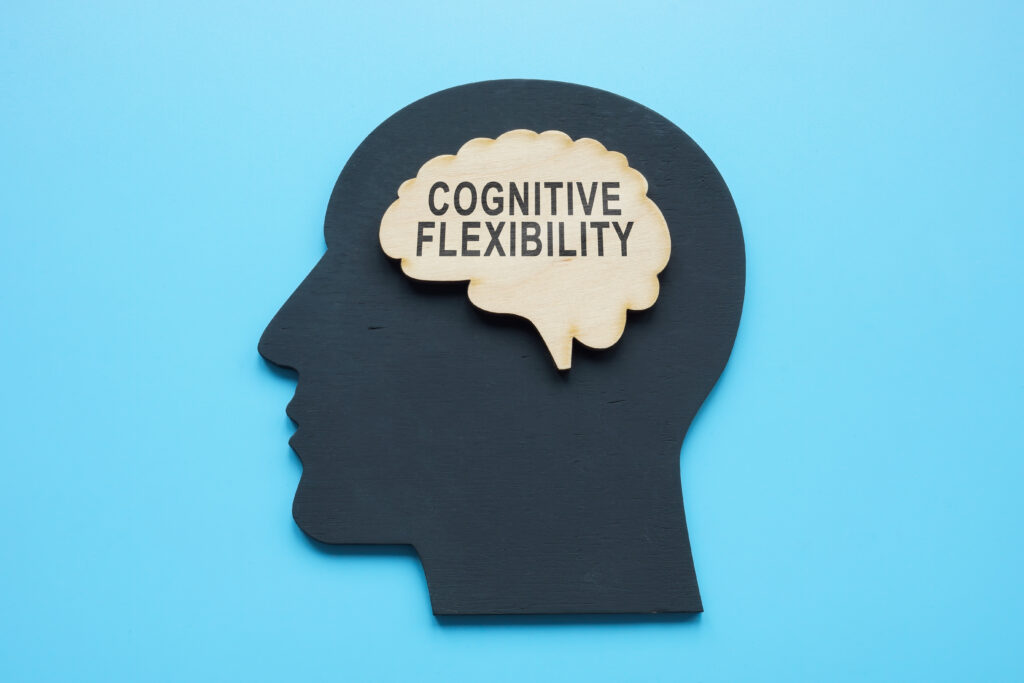Advanced dementia is a progressive and debilitating disease that affects millions of people worldwide. As the disease progresses, individuals with dementia may experience a decline in their cognitive, physical, and communication abilities, making it difficult for them to express their needs and preferences. This decline in cognition can also pose ethical challenges for caregivers and healthcare professionals, who are responsible for providing care and making decisions on behalf of these individuals.
In advanced dementia care, ethical dilemmas arise when there is a conflict between the quality of care and the autonomy of the individual. The concept of autonomy refers to the right of an individual to make decisions about their own life, including healthcare decisions. However, in advanced dementia, the individual may not have the capacity to make informed decisions, leading to a dilemma for caregivers and healthcare professionals.
One of the most common ethical dilemmas in advanced dementia care is determining the appropriate level of care for the individual. As the disease progresses, individuals with dementia may require more intensive and specialized care. However, this raises questions about the quality of life and the autonomy of the individual. For example, when is it appropriate to move an individual with advanced dementia into a nursing home? Is it in their best interest to receive care at home or in a specialized facility? These decisions can be challenging for caregivers and healthcare professionals as they strive to balance the person’s autonomy and their wellbeing.
Another ethical dilemma in advanced dementia care is related to end-of-life decisions. As the disease progresses, individuals with dementia may lose the ability to communicate their wishes for end-of-life care. This can lead to conflicts between family members and healthcare professionals about when to withdraw treatments or whether to use artificial nutrition and hydration. It is crucial to consider the values and beliefs of the individual before making any decisions about end-of-life care.
Moreover, ethical dilemmas can also arise in the use of physical restraints and medications to manage symptoms such as agitation, aggression, and wandering. While these interventions may be necessary for the safety of the individual and others, they can also infringe on their autonomy and dignity. Caregivers and healthcare professionals must carefully weigh the risks and benefits of using these interventions and consider alternative approaches to managing challenging behaviors.
In addition to these dilemmas, ethical considerations also arise when it comes to respecting the privacy and dignity of individuals with advanced dementia. As the disease progresses, individuals may require assistance with activities of daily living, such as bathing, dressing, and toileting. This can be embarrassing and humiliating for some individuals, and it is essential to respect their privacy and dignity while providing care.
So, how can we navigate these ethical dilemmas in advanced dementia care? The first step is to prioritize the wellbeing and comfort of the individual with dementia. Caregivers and healthcare professionals must understand the individual’s values, preferences, and goals to provide person-centered care. This involves involving the individual in decision-making whenever possible, using non-verbal cues or past preferences to guide decisions when communication is impaired.
It is also crucial to involve family members and loved ones in the decision-making process. Family members may have a better understanding of the individual’s wishes and can provide valuable insights into their care. Collaborating with family members can also help alleviate conflicts and ensure that the individual’s best interests are at the forefront of decision-making.
Furthermore, it is essential for caregivers and healthcare professionals to stay informed about current guidelines and best practices in advanced dementia care. This includes staying updated on advancements in treatments, communication techniques, and ethical considerations. Continuous education and training can help caregivers and healthcare professionals make informed decisions and provide quality care for individuals with advanced dementia.
In conclusion, advanced dementia care presents several ethical dilemmas that require careful consideration and decision-making. The key is to prioritize the individual’s wellbeing while also respecting their autonomy and dignity. By involving the individual, family members, and staying informed about best practices, caregivers and healthcare professionals can navigate these ethical dilemmas and provide quality care for individuals with advanced dementia.


